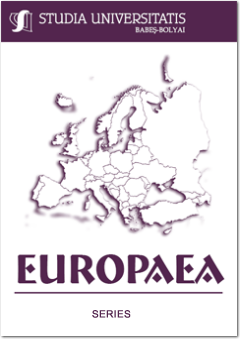NATIONAL LIBERATION MOVEMENTS AND THEIR VOCATION FOR PARTY POLITICS IN SOUTHERN AFRICA. THE CASE OF THE AFRICAN NATIONAL CONGRESS AND ZIMBABWE AFRICAN NATIONAL UNION
NATIONAL LIBERATION MOVEMENTS AND THEIR VOCATION FOR PARTY POLITICS IN SOUTHERN AFRICA. THE CASE OF THE AFRICAN NATIONAL CONGRESS AND ZIMBABWE AFRICAN NATIONAL UNION
Author(s): Dan PetricaSubject(s): Developing nations
Published by: Studia Universitatis Babes-Bolyai
Keywords: party-politics; international relations; regional influence; democracy; colonialism; discourse;
Summary/Abstract: The paper aims to shed light on the particularities of two national liberation movements - turned political parties and how they embraced their new role after the liberation struggle had ended and majority rule had been obtained. South Africa’s ANC and Zimbabwe’s ZANU-PF are analyzed in an attempt to ultimately underline why democracy was approached distinctively by the too. We also bring some arguments as to why South Africa failed to stop ZANU-PF’s descent into autocracy, amidst internal and international pressures to intervene. After a short historical background of the two NLMs, we discuss the links between them, the particular political and social conditions which shaped their behaviours and the commonalities and differences in said behaviours. We argue that, as long as the democratic principles identified with ZANU-PF’s struggle for the empowerment of a new elite, the former were pursued; when the two no longer overlapped, stronghold politics and policies took primacy. We also argue that faced with similar contestation as ZANU-PF, the ANC might chose to sacrifice democracy for the sake of regime survival.
Journal: Studia Universitatis Babes-Bolyai - Studia Europaea
- Issue Year: 66/2021
- Issue No: 1
- Page Range: 41-59
- Page Count: 19
- Language: English

